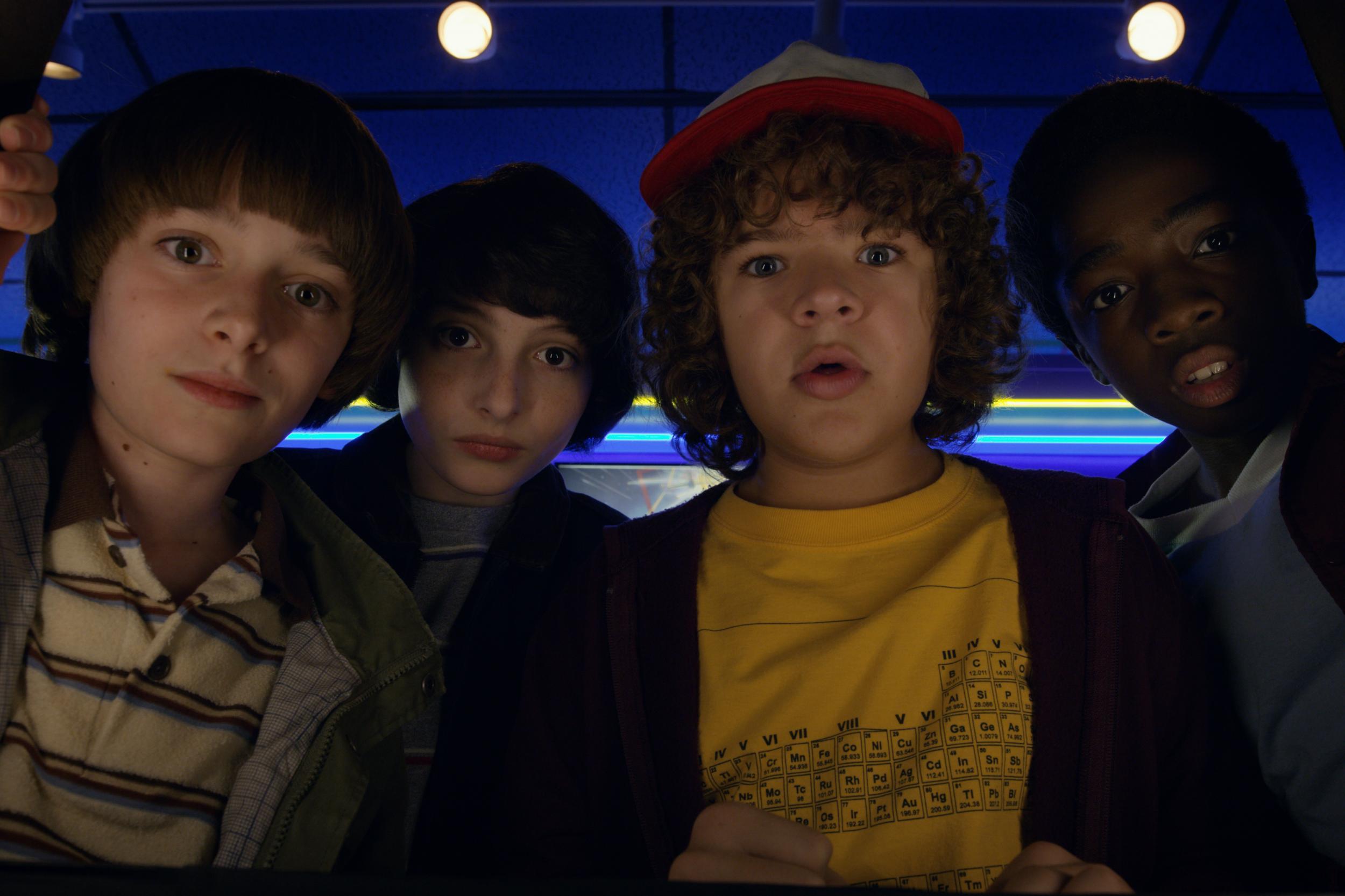BBC admits young people now watch Netflix far more than their content
16 to 24-year-olds spent more time watching Netflix than all BBC TV services, including BBC iPlayer

The BBC has admitted its struggling to keep hold of the younger demographic.
As outlined in its annual plan, the broadcaster stated that young people are now spending more time using streaming services than the entirety of the BBC’s TV and radio output.
Between October to December 2017, for the first time, it’s estimated that 15 to 34-year-olds on average listened more to streaming music services such as Spotify and Apple Music (five hours a week) than all BBC radio (four hours 30 minutes).
In TV, 16 to 24-year-olds spent more time watching Netflix than all BBC TV services, including BBC iPlayer. A generational shift which becomes clear when the demographic is widened to 16 to 34-year-olds, in which similar amounts of time are spent watching BBC1, ITV, and Netflix – around two hours a week.
The BBC has stated that changes to the TV market increased the risk of an “imminent threat” to British content, adding: “As our income has fallen in real terms, our ability to fund original British content has diminished. The volume and breadth of British content that British audiences rely upon is now under serious threat.”
Part of the plan to battle the shift includes changes to the structure of iPlayer, to create more “live content” and “personalisation”, perhaps as a way to closer replicate Netflix’s user experience.
“As the trend shifts towards on-demand viewing, the BBC risks being overtaken by competitors,” the BBC said. “Maintaining the reach and time that audiences spend with our output is … difficult when they have so many other choices at their disposal. This challenge is most acute for young audiences.”
The annual plan also uncovered that more than 80% of children use YouTube for on-demand content, 50% use Netflix, and only 29% use iPlayer. Children aged 5-15 also on average spend more time each week online (15 hours and 18 minutes) than they do watching TV (14 hours).
“This generation of children embody the digital transformation,” said the BBC. “They are the audience group that are changing fastest. Although TV continues to be the main platform for children’s viewing, what they consider to be ‘TV’ and how they access this is rapidly evolving.”
Also hit by the generational shift is BBC News, with the amount of time 16 to 34-year-olds spend watching it down more than 10% in the past three years.
Follow Independent Culture on Facebook for all the latest on Film, TV, Music, and more.
Join our commenting forum
Join thought-provoking conversations, follow other Independent readers and see their replies
0Comments